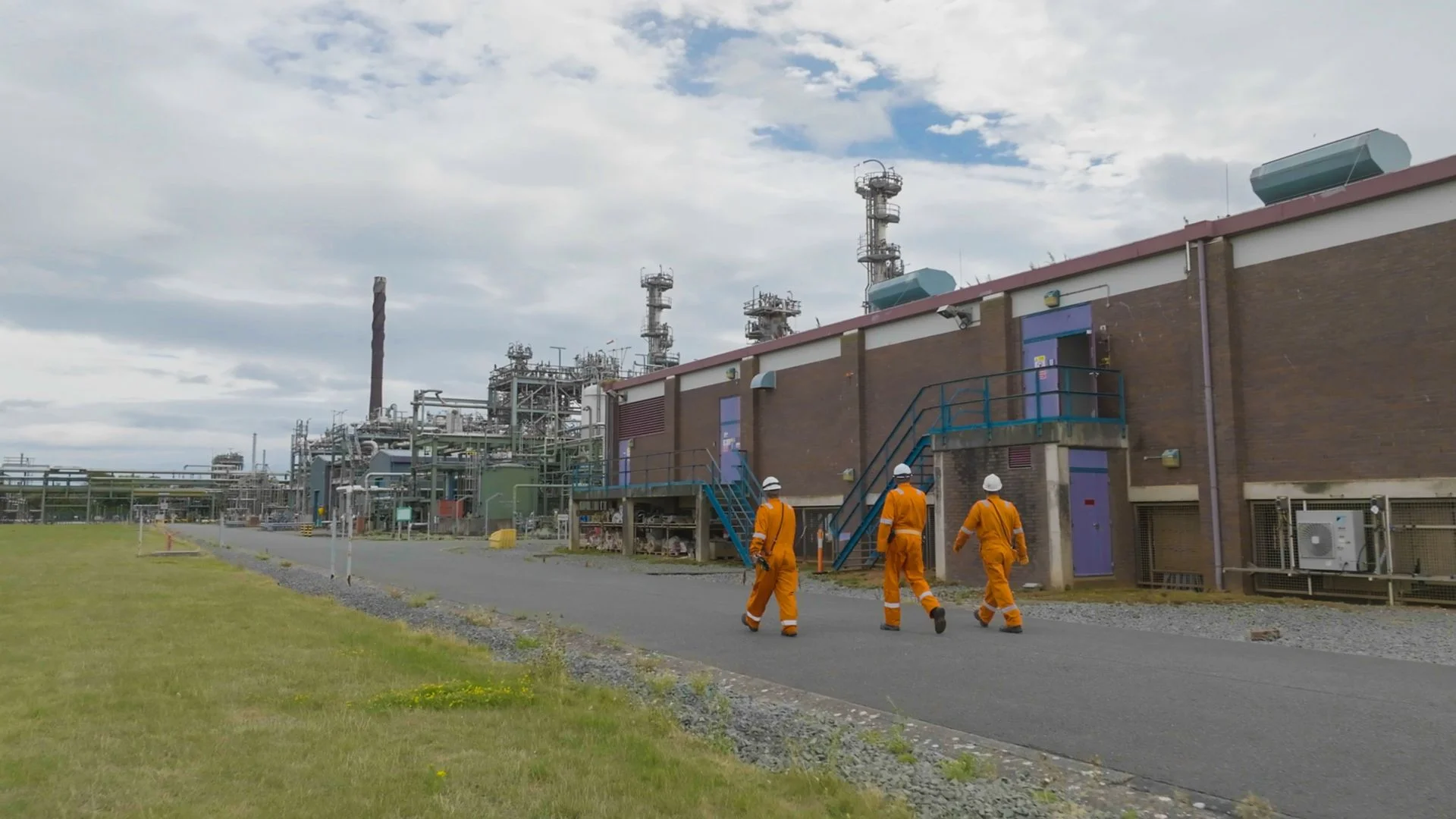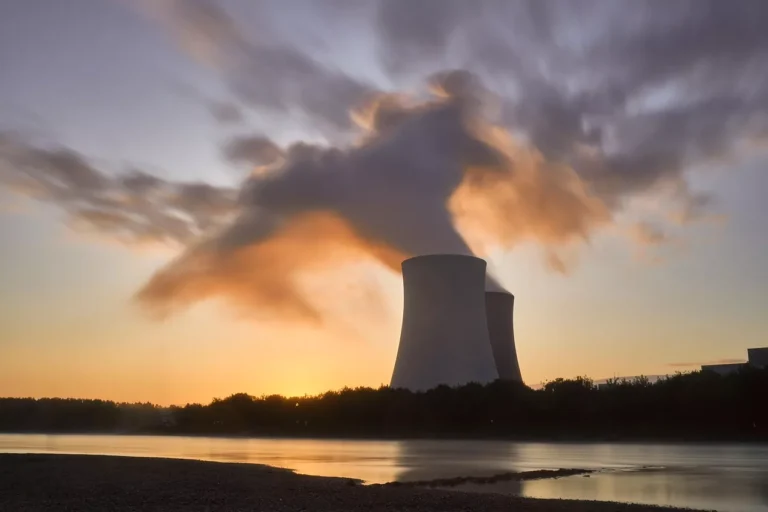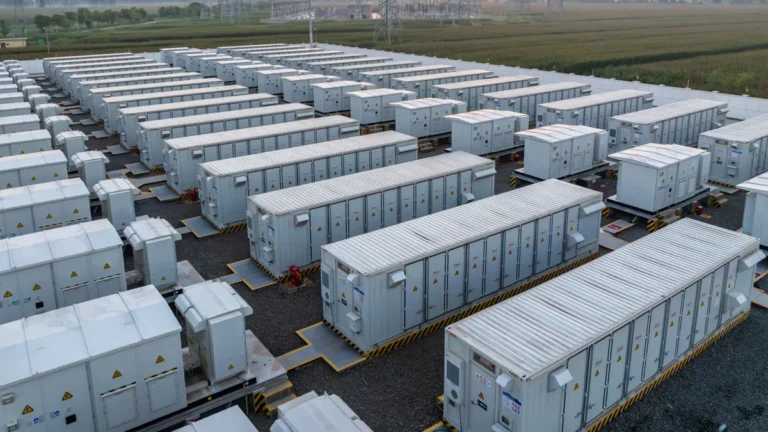
Eni has successfully secured UK Government funding and an Economic License for its Liverpool Bay CO₂ transport and storage (T&S) project, marking a significant milestone in launching the UK’s carbon capture and storage (CCS) industry. This funding will support Track 1 industrial emitters and is a key step toward the execution phase of the HyNet project, which aims to attract substantial investment in the region.
HyNet stands out as one of the UK’s most advanced CCS projects. As the operator of the CO₂ transport and storage system, Eni will play a vital role in reducing emissions from hard-to-abate industries in North West England and North Wales. The initial phase of the project will have a storage capacity of 4.5 million tonnes of CO₂ per year, with plans to increase this to 10 million tonnes annually post-2030, significantly aiding in meeting the UK’s target of storing 20-30 million tonnes of CO₂ each year.
By reusing depleted reservoirs in Liverpool Bay, the project aims to transform a highly energy-intensive industrial region into one of the world’s first low-carbon industrial clusters. HyNet is expected to create local jobs, support the decarbonization of challenging industries, and maintain the UK’s industrial competitiveness by developing new production chains.
Ed Miliband, the UK Secretary of State for Energy Security and Net Zero, remarked, “Today marks the end of 150 years of coal in this country and the beginning of a new era. This funding paves the way for a clean energy revolution that will rebuild Britain’s industrial heartlands.”
Eni CEO Claudio Descalzi emphasized the project’s significance in establishing a new business linked to the energy transition, noting, “HyNet will be one of the first low-carbon clusters in the world, helping to decarbonize a key energy-intensive industrial district while unlocking economic growth in the UK.”
In addition to HyNet, Eni is also a key player in the Bacton Thames Net Zero project, aimed at decarbonizing the South East of England. Eni’s gross storage capacity in the UK totals around 1 gigatonne.
Eni believes that CCS is crucial for the energy transition and can support the company’s decarbonization goals while generating value through new business opportunities. The company employs a distinctive model for developing CCS projects that leverages its portfolio of depleted gas fields, existing infrastructure, and proximity to industrial clusters.
Eni is committed to being a vital partner in the UK’s energy transition, with investments focusing on over 80% in decarbonized businesses, aligning with the UK’s ambition to lead in the energy transition.







